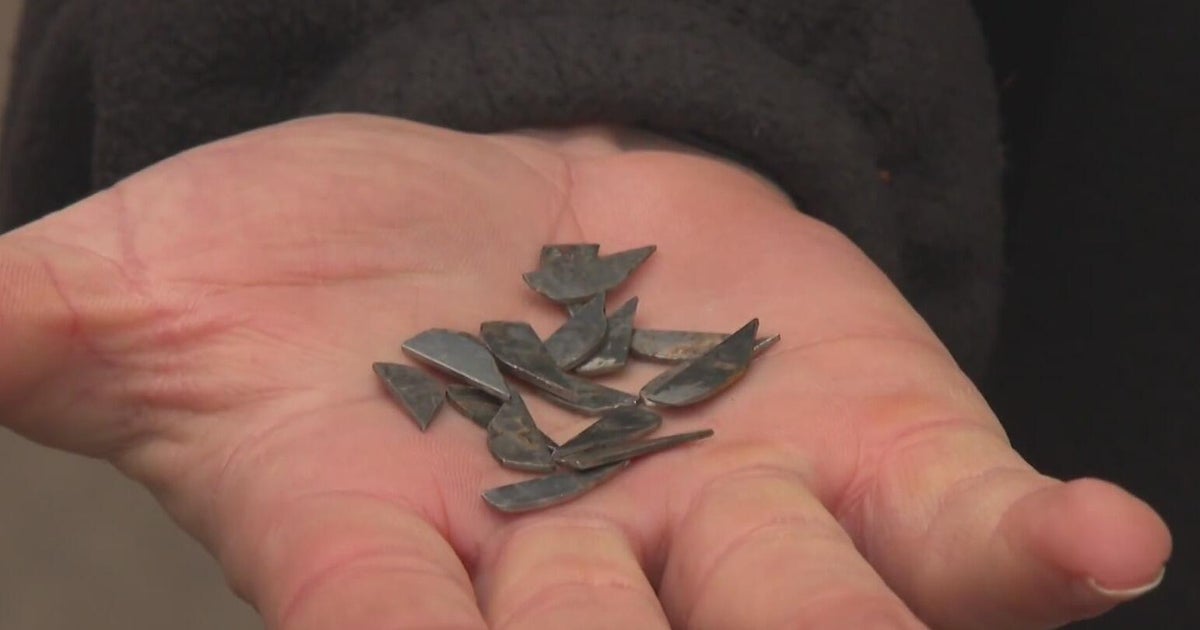How Hurricane Ian is affecting gas prices
PITTSBURGH (KDKA) - We are now approaching October, and the predicted relief at the gas pump has hardly been something to celebrate.
And with Hurricane Ian, places that sell gas have been nervously watching its path.
We are still a lot closer to $4 than $3, and the indicators are not good. Ian's path is the only good news.
As devastating as Ian has been to Florida and the storm's future in the Carolinas unclear, there is one small bit of relief.
"When Ian steered away from a lot of that Gulf Coast infrastructure that is so sensitive to tropical storm winds and rainfall," Patrick DeHaan said. DeHaan works with the website, GasBuddy. "So as a result of Ian steering east into Florida, there was no shutdown of refineries and offshore oil production which had been evacuated had reopened relatively quickly. So, at least Hurricane Ian is not impacting gas prices."
You haven't heard much about it around here but there have been refinery fires and issues in recent weeks that have impacted most of the country's gas supply and prices.
"At the same time, oil prices falling helping to pull prices lower in the northeast and Gulf Coast and that's where Pittsburgh is is kind of in that lucky camp. Prices in Pittsburgh down about two-and-a-half cents in the last week as the national average is up about six cents in the last week," DeHaan said.
But DeHaan said we are still about 16 cents above the national average, and that probably won't change.
"We may go down a little bit more as demand continues to cool off as we progress into fall. There still may be a little bit more relief. But Pittsburgh is not one of those areas that's likely to see prices under three dollars anytime soon," DeHaan added.
Part of the reason, DeHaan said, is demand. While cooling is still high and as long as we buy it, and OPEC keeps the barrel price high, we'll see it at the pump.
Does DeHaan agree with predictions that we are going to be paying more to heat our homes as well?
Yes.
He said to expect to pay 50-to-125% more this winter, or as he put it--if your heating bill last year was $100 a month, expect this year's bills to be between $200 and $300 per month because American natural gas is being sold to Europe to make up for the Russian gas supply cut off by the war.







